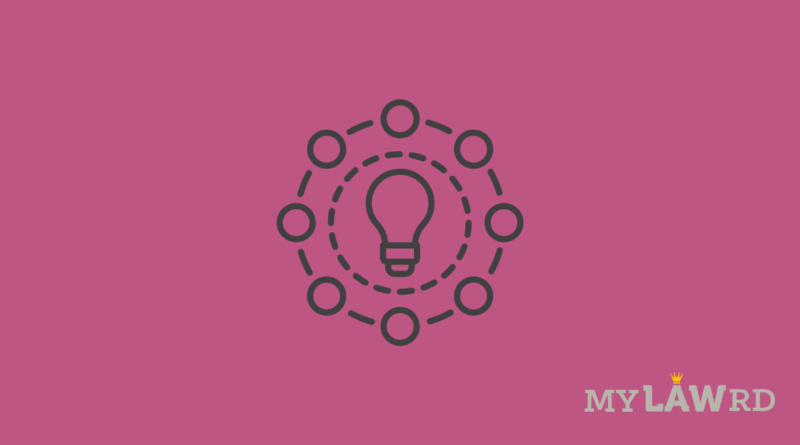UK Court of Appeal says artificial intelligence cannot own patents
The UK Court of Appeal has ruled that artificial intelligence cannot own patents. In a two-to-one majority verdict, Lord Justice Arnold and Lady Justice Elisabeth Laing argued that only a person can be classified as an inventor, and hold the rights associated with any creations.
Background of the Case
Stephen Thaler, CEO of Imagination Engines, filed two patent applications in October and November 2018. The applications were for a food container and for a type of flashing light, respectively. In a statement of inventorship dated 24th July 2019, he claimed that his AI system DABUS could own the rights to those two patents.
On 8th August 2019, the UK Intellectual Property Officer (IPO) responded to the application. It conveyed that the applicant had failed to identify a person as the inventor and indicate how he had derived his rights from that person. As such, the applications did not comply with Section 13(2) of the 1977 Patents Act.
Following the response, Thaler requested a hearing with the IPO and subsequently lost the case in November 2019. The IPO ultimately decided that DABUS was not a person. Further, merely owing the AI would not entitle Thaler to apply for the patents.
Hence, Thaler appealed against the decision in the High Court, which upheld the IPO’s decision. Now, the Court of Appeal has further validated the decision.
The Judgment
Prima facie, the court observed that the applications disclose a potentially patentable invention. However, that is not the question in issue.
Lord Justice Arnold and Lady Justice Laing said that DABUS is not the actual deviser within the terms of the 1977 Act. It can only be the person who actually devised the invention. In simple terms- “inventor” is the person who actually devised the invention.
However, in a dissenting opinion, Lord Justice Birss ruled that although “machines are not persons”, the wording of the law did not stipulate that a person needed to be named as the inventor.
He remarked:
“The fact that no inventor, properly so-called, can be identified simply means that there is no name which the Comptroller [IPO] has to mention on the patent as the inventor.”
As such, the IPO is under no obligation to name anyone or anything. He added that if the applicant had named himself as the inventor instead of the AI, none of these problems would arise.
Legal Positions in other countries
South Africa and Australia already recognize AI systems as an inventor in patent applications, IT Pro reported. Thaler and the Artificial Inventor Project had declared in July that they had obtained the world’s first patent for an AI-generated invention. The AI’s owner holds the patent, while the patent names the AI as the inventor.
In the same month, an Australian court decided that AI systems can be legally recognized as an inventor in patent applications.
You can read the judgment here.
Do subscribe to our Telegram channel for more resources and discussions on tech-law. To receive weekly updates, don’t forget to subscribe to our Newsletter.

